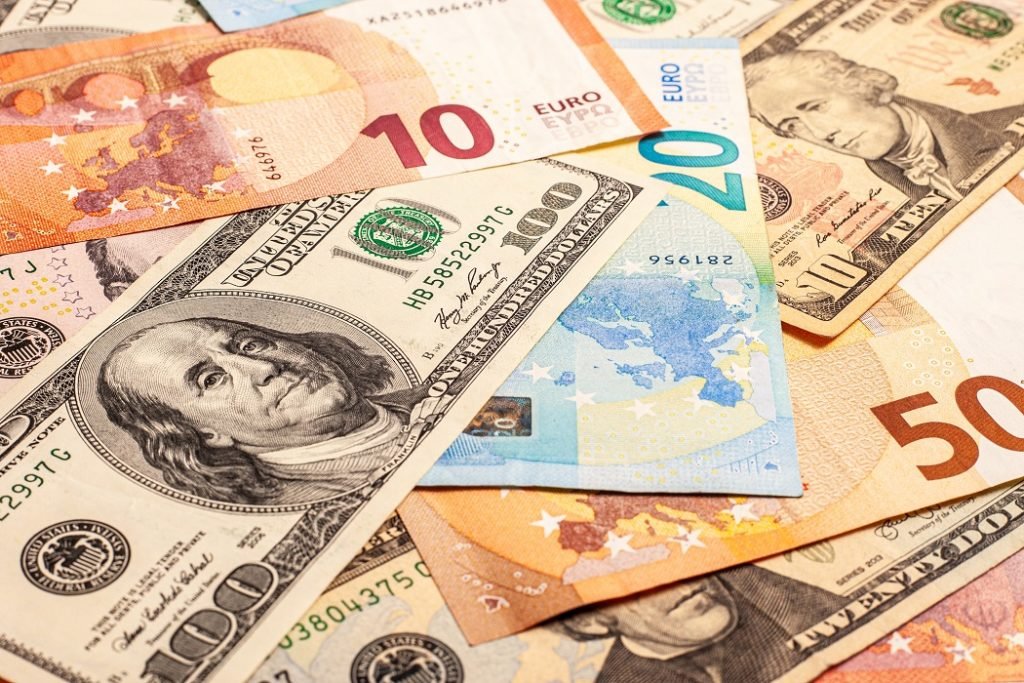By Kevin Buckland
TOKYO (Reuters) – The yen traded near an almost three-month low to the dollar and reached a two-week trough versus the euro on Tuesday, as rising bond yields in the U.S. and Europe lured Japanese investors.
The yen was little changed at 110.985 per dollar, not far from Monday’s low of 111.07, a level not seen since July 5.
It was also largely flat at 129.785 to the single currency after earlier touching 129.92 for the first time since Sept. 14.
While benchmark 10-year Japanese government bond yields remain pinned near zero by the Bank of Japan’s yield curve control policy, equivalent U.S. Treasury yields have soared to a three-month high, touching 1.516% overnight.
German 10-year bund yields, while below those on JGBs, have catapulted to the highest since the start of July at minus 0.191% from as low as minus 0.340% just a week ago.
“The main impact of higher Treasury yields on currencies has been to see USD/JPY make further upward progress, now banging against 111,” Ray Attrill, head of FX strategy at National Australia Bank (OTC:NABZY) in Sydney, wrote in a note to clients.
“111 will be a tough (nut) to crack, bearing in mind the pair has spent only two days with time above this level so far this year – and with 10-year Treasury yield having been as high as 1.77%.”
U.S. yields have been pulled higher by a hawkish shift at the Federal Reserve, which announced last week it may start tapering stimulus as soon as November and flagged interest rate increases may follow sooner than expected.
That was reinforced by hawkish tones from the Bank of England and Norges Bank, which last week became the first developed-nation central bank to raise interest rates, pulling other global bond yields higher.
But despite an initial pop in the dollar index – which measures the currency against six major rivals – to as high as 93.526 for the first time in more than a month, it has since moved mostly sideways, and was last not far off from Monday at 93.421.
Against the euro, the dollar was little changed at $1.16935, hovering near the more than one-month high of $1.16835 reached on Thursday.
Still, many analysts expect the dollar to rise over time.
“As much as taper in and of itself is not a surprise, an earlier end to its program will reinforce that downside risks to the U.S. dollar have diminished,” Mazen Issa, senior FX strategist at TD Securities, wrote in a research note.
“If the last taper cycle was any indication, about half of the U.S. dollar’s cyclical upswing was observed three months after taper,” he added.
TD expects the Fed to end its quantitative easing program by June 2022.
Elsewhere, the risk-sensitive Australian dollar slipped 0.14% to $0.7276, but held on to most of Monday’s 0.4% rally as concerns about contagion from China Evergrande Group’s debt woes receded and iron ore prices continued to rebound.
New Zealand’s dollar weakened 0.17% to $0.70005, after ending Monday mostly flat.



